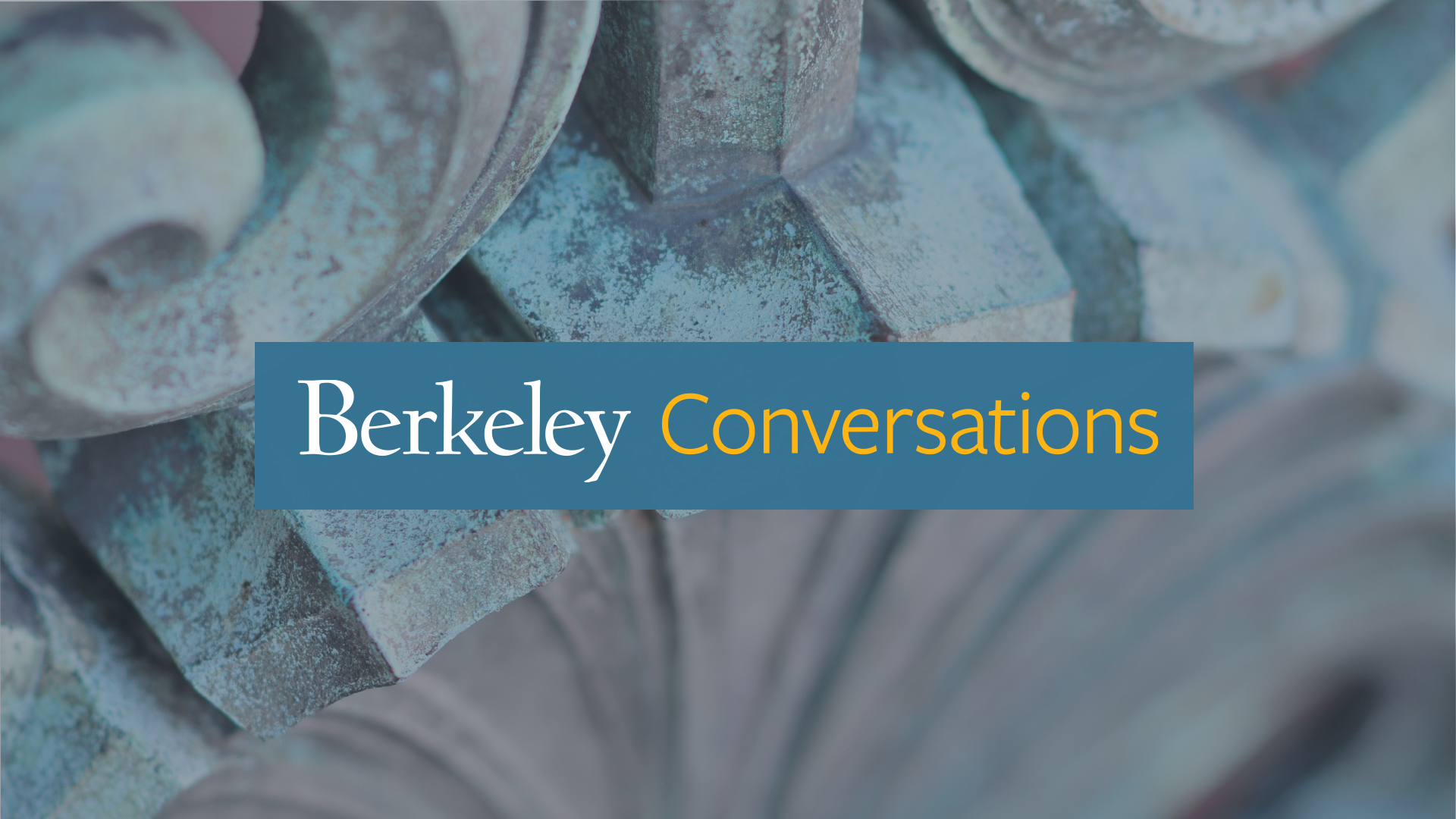Berkeley experts offer critical perspectives on election integrity and security

October 28, 2020
Experts and scholars across UC Berkeley’s campus discussed the potential threat to the integrity and security of this year’s election. (UC Berkeley video)
From the pandemic to an underfunded voting infrastructure, from declining trust in public institutions to efforts by foreign operators to further undermine the system, the 2020 U.S. presidential election is fraught with ways in which the integrity and security of the results can be unduly influenced, according to five UC Berkeley experts.
In an hour-long Berkeley Conversations event streamed live on Monday, Oct. 26, faculty members in the fields of public policy, computer science, statistics, political science and cybersecurity discussed what they see as major flaws in the electoral system and what needs to be done to fix them, from citizen actions to investing in more secure systems by all levels of government.
With days until the Nov. 3 election and during what she called unprecedented times, Associate Provost of the Division of Computing, Data Science and Society Jennifer Chayes asked the speakers to take a deep dive into how to assure the security and accuracy of the election results.
Philip Stark, a professor of statistics, said the election is well under way, with 60 million votes already cast. But he warned that those jurisdictions that rely mainly on electronic systems, without a trail of paper ballots for cross-checking the results, provide “lots of points of vulnerability.” Eleven states have outsourced their results, reporting to a firm in Spain that is in bankruptcy. Stark said the most secure system comprises the “three Cs”: creating a trail of hand-marked paper ballot, curating those ballots in a trustworthy manner and statistically checking the electronically-generated tallies against the paper ballots.
Henry Brady, dean of the Goldman School of Public Policy, who was in Florida during the 2000 election — in which the “butterfly ballot” and infamous hanging chads cost Al Gore the presidency, said that, despite the problems, there was very little discussion of the integrity of the system, and both sides really wanted to protect it. Florida in 2000 was “a mess, but this could be worse,” Brady said. Ideally, he said, the broadcast networks and other media would hold off declaring winners until all votes were counted.
As a political scientist who has observed elections around the world, Susan Hyde said she was concerned about doomsday scenarios and offered encouragement, saying that citizens should not only vote, but also protect the right of their fellow citizens to cast their votes and speak up against illegal voter intimidation. If a candidate’s margin of victory is small, Hyde said, that could lead supporters to see the results as fraudulent and to take to the streets to protest, perhaps even violently. A larger margin would provide less potential for protest, but voters for a losing candidate rarely believe their pick lost for legitimate reasons, she said.
America’s crumbling infrastructure, which includes roads, bridges and power systems, also extends to voting, said Steven Weber, an expert in international relations, faculty director of Berkeley’s Center for Long-Term Cybersecurity and head of the Information school. The outdated infrastructure allows adversaries to attack the system by finding the weakest link and to interfere in our elections, which Weber called the “primary battleground in societal warfare,” in which those adversaries exploit to “undermine American democracy and the cohesiveness of American society.”
“What we see today is more like the historical norm, that elections have become war by other means,” Weber said. “We have made it very easy to become a target for these types of attacks. If things go well this year, let’s not let complacency seep back in, so we don’t have the same thing in 2024.”
Computer science professor David Wagner has been studying elections and technology since 2004, starting as an activist when he noticed that the technology had serious security problems. He has worked for counties and states and been a member of a federal committee that writes technical standards for voting systems. He said we’ve come a long way over the past 15 years and have the most secure voting system we’ve ever had, in which more than 95% of votes will be cast on some type of verifiable paper record.
Although he has focused on the technology, “Maybe what I got wrong in my work on this was focusing too much on the technology — maybe the people and the social institutions are more important right now,” Wagner said. The best way to hack an election, he said, is to hack the people, either through disinformation spread via social platforms or by disruption, such as hacking voter registration databases.
But everyone has the power to help secure the election.
“The most important thing to do is vote,” Wagner said. “Voting in person is the most reliable, but by all means take any measure you can to vote.”
Part of the Berkeley Conversations series, it was sponsored by the Division for Computing, Data Science, and Society, the Department of Statistics and the Berkeley Institute for Data Science.